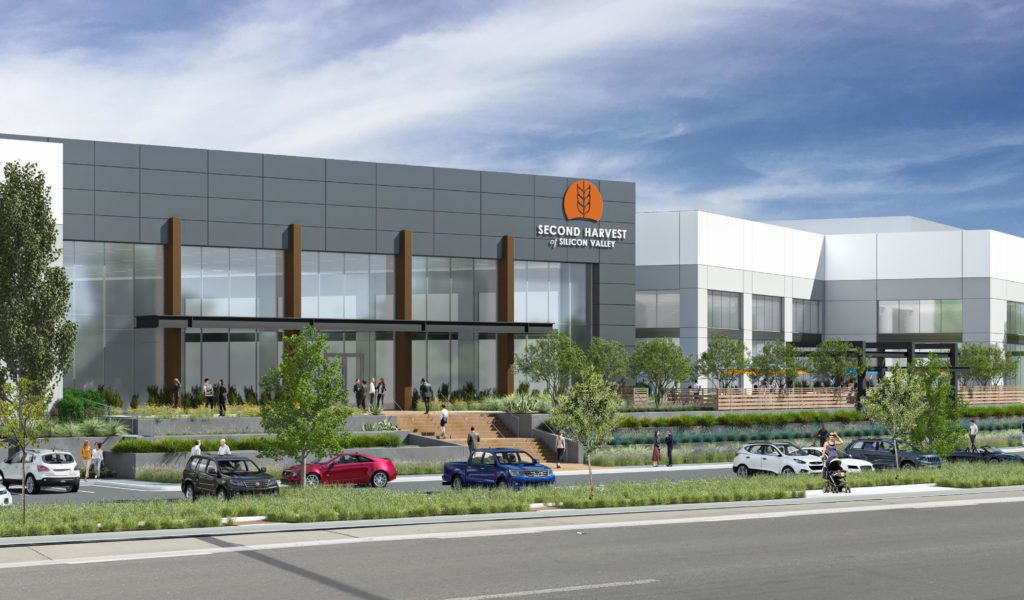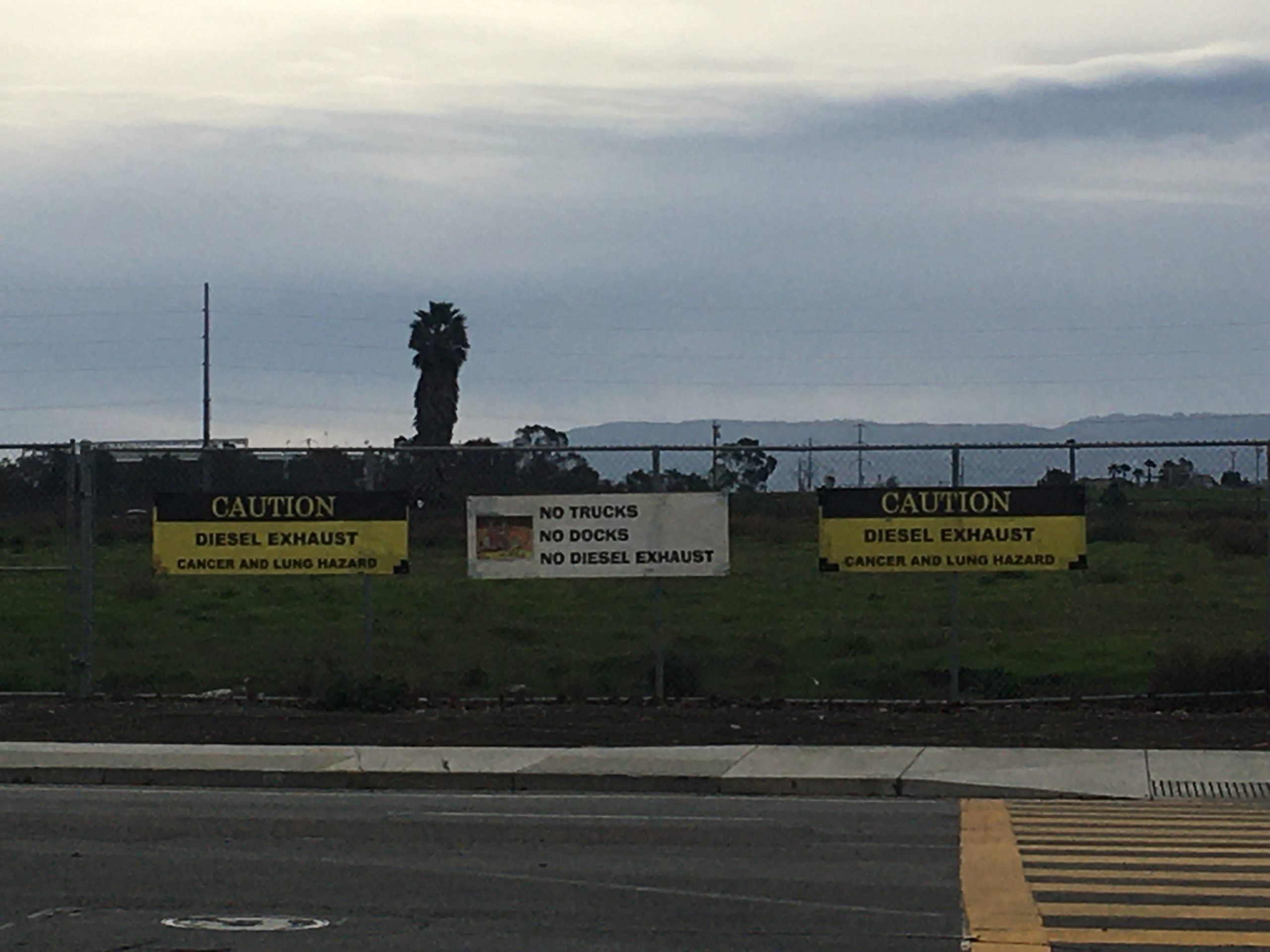An Alviso man known for challenging developments proposed in the North San Jose neighborhood has settled a lawsuit with a hotel developer, while ramping up rhetoric against a nonprofit food bank he’s suing.
Resident Mark Espinoza dismissed his lawsuit against Milpitas-based Terra Development Partners and San Jose last month after the developer and Espinoza agreed to a confidential settlement, the two parties said. Terra is planning to build a five-story, 112,000-square-foot hotel with 214 rooms on a roughly 6-acre site immediately south of Topgolf. The golf facility opened in 2021 and was also developed by Terra.
Trang Tu-Nguyen, a project manager for the hotel development, told San José Spotlight the settlement includes a payment from Terra, but neither Tu-Nguyen nor Espinoza would reveal the amount.
Espinoza’s September suit said the city “abused its discretion” by approving the hotel without preparing a full environmental impact report for the project, claiming it was likely to have several significant impacts. City officials said at the time the project cleared all required environmental hurdles.
Tu-Nguyen said the project will now go forward as planned, with construction anticipated to start in spring, pending permits from the city and weather. It could take about two and a half years to complete.
While Espinoza dropped his suit against Terra, he’s still pursuing litigation against Second Harvest of Silicon Valley, a nonprofit food bank that helps feed hundreds of thousands of people in Santa Clara and San Mateo counties.
Second Harvest gained approval from the San Jose City Council in August to build a 250,000-square-foot warehouse headquarters on a roughly 10.4-acre site at 4553 and 4653 N. First St., which is near homes and across the street from George Mayne Elementary School and Balaji Temple.
“We see the impacts as more damaging to the quality of life in the community with the approval and the development of the Second Harvest food bank versus the hotel,” Espinoza told San José Spotlight.


Environmental concerns
Espinoza said the environmental review for the massive warehouse project is inadequate and leans on two-decade-old information. His primary concerns are about possible health impacts to residents and children from the round-the-clock operations of the food bank, bringing exhaust from heavy diesel trucks, traffic and noise to the site.
He recently hung banners on some fencing near the site that reads “Diesel Exhaust, Cancer and Lung Hazard,” as well as another banner that reads, “No Trucks, No Docks, No Diesel Exhaust.”
Espinoza said his goal is to raise awareness about the project, especially for parents of schoolchildren, many of whom he claims are unaware of the plans for the warehouse.
Diane Baker Hayward, a spokesperson for Second Harvest, told San José Spotlight the environmental review for the project was “thorough, exhaustive and complete” and addressed all of the issues in Espinoza’s lawsuit.
“Throughout this process we have met with community members, and we look forward to continuing our more than 30-year partnership with organizations and neighbors in Alviso,” Baker Hayward said.


The project is planned for a site which was at one time envisioned to be developed with office and manufacturing space, as part of a larger 152-acre Cisco Systems development approved in 2000 that never came to fruition.
San Jose is using the 2000 report as a basis for environmental assessments, according to city reports. Officials also previously said updated air assessments were completed for the warehouse project which show there will not be any significant health risks to students at the school.
“They’re basically saying, ‘What was approved in the past, we’re basically doing the same thing, so we’re not making a really big change,’” Espinoza said.
He disagrees, saying an office or research complex wouldn’t be as harmful and loud as a 24/7 food bank operation, which will have trucks coming in and out all day.
“This is going to be every day, there will never be a break,” Espinoza said.
He’s not concerned about the optics of suing a food bank that helps people in need. He said none of the proceeds that come from these lawsuits are going to him. But they are going to a nonprofit run by his son Marcos Espinoza, called Alviso in Action. Mark Espinoza said the nonprofit’s mission is to improve the Alviso area.
Mark Espinoza said he feels Second Harvest is trading on its good deeds to get quick approvals from the city, when there should have been greater efforts by the city and the nonprofit to directly inform residents of the plans for the land.
“This is a nonprofit, they’re passing out food, OK that’s a nice thing to do,” he said. “In exchange for that, they’re going to damage a community, they’re going to impact lives. They don’t want to talk about that.”
Contact Joseph Geha at [email protected] or @josephgeha16 on Twitter.



Leave a Reply
You must be logged in to post a comment.